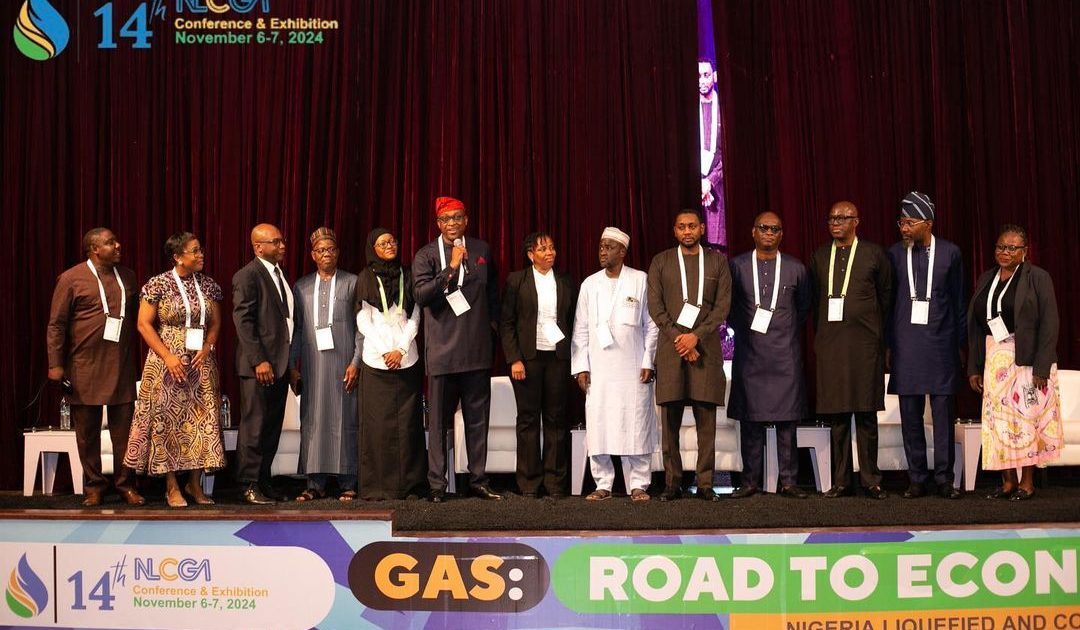Stakeholders seek more gas production in Nigeria
Stakeholders have identified gas as key to Nigeria’s economic development, seeking more gas production for domestic use.
The stakeholders spoke at the just concluded 14th Annual Conference of the Nigeria Liquefied and Compressed Gases Association in Lagos.
At the conference, industry leaders, policymakers and stakeholders explored the transformative role of gas in Nigeria’s economic growth.
While reflecting on the achievement of conference themed “Gas: The Road to Economic Recovery,” the NLCGA President, Felix Ekundayo, commended the support and participation of delegates, partners, and exhibitors.
“This year’s conference was a powerful reminder of the potential within our gas industry to drive Nigeria’s economic recovery.
“We are energised by the ideas exchanged, collaborations formed, and insights shared, all of which set a clear path for our industry’s continued impact,” Ekundayo added.
During the two-day conference, discussions highlighted gas as a vital force in revitalising Nigeria’s economy, generating jobs, and providing sustainable energy solutions.
Delegates emphasised the Federal Government’s initiatives such as the removal of Value Added Tax and import duties on gas and the Presidential CNG Initiative.
“The government’s support shows that gas is viewed as more than an energy choice—it’s a key driver for Nigeria’s journey to economic recovery,” the NLCGA boss remarked.
He added that this year’s conference also marked the official rebranding of the association from the Nigeria Liquefied Petroleum Gas Association (NLPGA) to the Nigeria Liquefied and Compressed Gases Association (NLCGA), signalling an expanded mission that includes CNG, LNG, hydrogen, and biogases.
“Our rebranding is more than a name change; it reflects our commitment to meeting Nigeria’s diverse energy needs with a range of gas solutions.
“We are positioning NLCGA to lead Nigeria’s energy transition, fostering inclusive growth and economic resilience,” Ekundayo said.
The conference sessions covered essential topics in production, policy, technology and socio-economic impact, focusing on how gas can drive economic recovery, support women-led businesses and create job opportunities.
The NLCGA President also noted that “these discussions provided a roadmap for leveraging gas to create wealth, jobs, and energy resilience for all Nigerians.”







